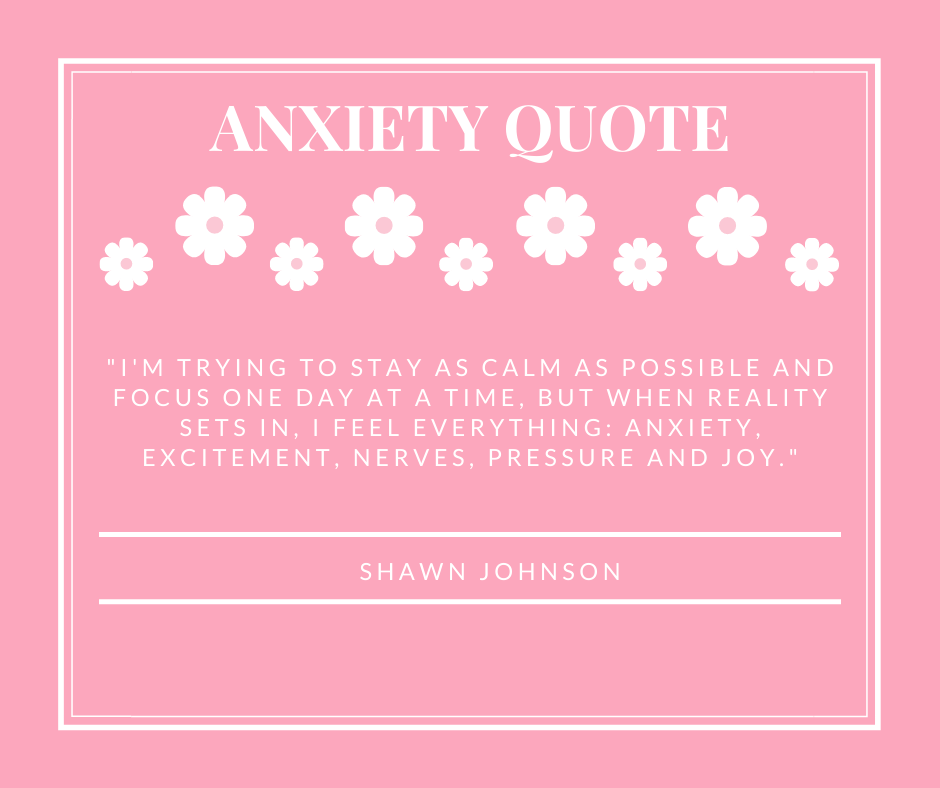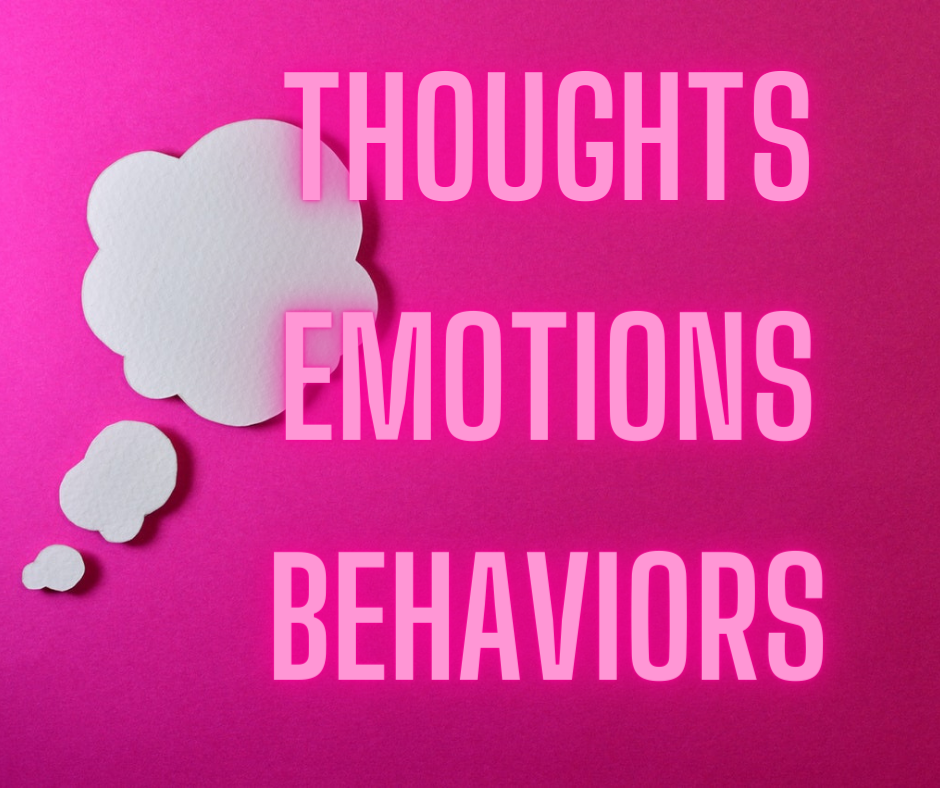What is Generalized Anxiety Disorder?


Experiencing anxiety from time to time is completely normal. Sometimes we worry about finances, relationships, or world events. However this doesn’t stop us from carrying out normal daily life. On the other hand those who suffer from generalized anxiety disorder feel extreme worry that can impact their everyday life.
What is generalized anxiety disorder?
Someone suffering from GAD interprets situations a bit differently. Our brain perceives real life danger even if none exists. Those signals set in motion a string of events including releasing chemicals such as adrenaline.
Sufferers of GAD we can feel highly anxious or apprehensive for no apparent reason.
Is anxiety inherited?
Some studies show a higher risk of developing anxiety disorders like GAD if certain genes exist. If you have inherited, “anxiety genes” some experiences and traumas may affect you differently than someone who doesn’t carry those genes.
Symptoms of generalized anxiety
There are a number of symptoms associated with anxiety including:
- Faster heart rate
- Quick shallow breathing
- Feeling restless or irritable
- Sweating
- Shaking
- Hyperventilation
- Upset tummy
- Headaches
- Difficulty sleeping
- Tire easily
Diagnosing generalized anxiety disorder
When diagnosing GAD several different approaches are taken to give a fuller picture. These include discussions surrounding your feelings, lifestyle, habits, medical conditions, symptoms etc.
- Medical History
- Physical Exam
- Psychological Evaluation
You should always seek proper professional medical advice if you feel you are suffering with anxiety.
Criteria for generalized anxiety disorder include (adults):
- Excessive feelings of anxiousness and worry most days of the week for at least six months about several events or activities
- Struggling to control feelings of anxiety or worry
- Experiencing worry and anxiety for at least three of the following symptoms:
- Experiencing worry and anxiety for at least three of the following:
- Restlessness
- Irritable
- On edge
- Struggling to keep concentration
- Muscle tension
- Poor sleep quality
- Excessive anxiety or worry that causes distress or interferes with your everyday life
- Is the anxiety and worry associated to other mental health conditions – PTSD, Addition etc.

Treatment for generalized anxiety disorder
Psychotherapy, medication or a mix of the two is typically used for treating GAD. CBT (Cognitive behavioral therapy) is often recommended as a talk therapy and aims to help patients identify feelings, different ways of thinking and behaving.
If you are diagnosed with GAD you could be prescribed medications like Anti-anxiety or anti-depressants.
Other anxiety disorders
- Panic Disorder
- Post-Traumatic Stress Disorder (PTSD)
- Social Anxiety Disorder (SAD)
- Obsessive-Compulsive Disorder (OCD)
12 Tips for coping with anxiety
- Lighthearted reading
- Listen to calming music
- Meditation – there are a number of online apps and books out there
- Therapy or support groups
- Practicing Positive affirmations
- Talking or visiting a friend
- Mindfulness exercises
- Yoga
- Journaling
- Deep breathing exercises
- Long showers
- Relaxing hobbies
Anxiety disorders are reported to be the most common of the mental health issues facing the globe. In the United States alone GAD affects more than 6.5million adults at any one time. Moreover fewer than 45% are receiving treatment.

Although some anxiety from time to time is ok. If you are experiencing excessive anxiety or worry and it is negatively impacting your life. For example impacting relationships, work, or health then ask for help. Seeking medical advice or support groups is a great place to start. Generalized anxiety disorder can often be treated successfully.
Reduce Stress & Anxiety

Join the BETA Program!
Swipe away your anxiety as you advance through the many islands of fun challenges. Unlock the islands mysteries, and ultimately improve your own happiness and wellbeing






